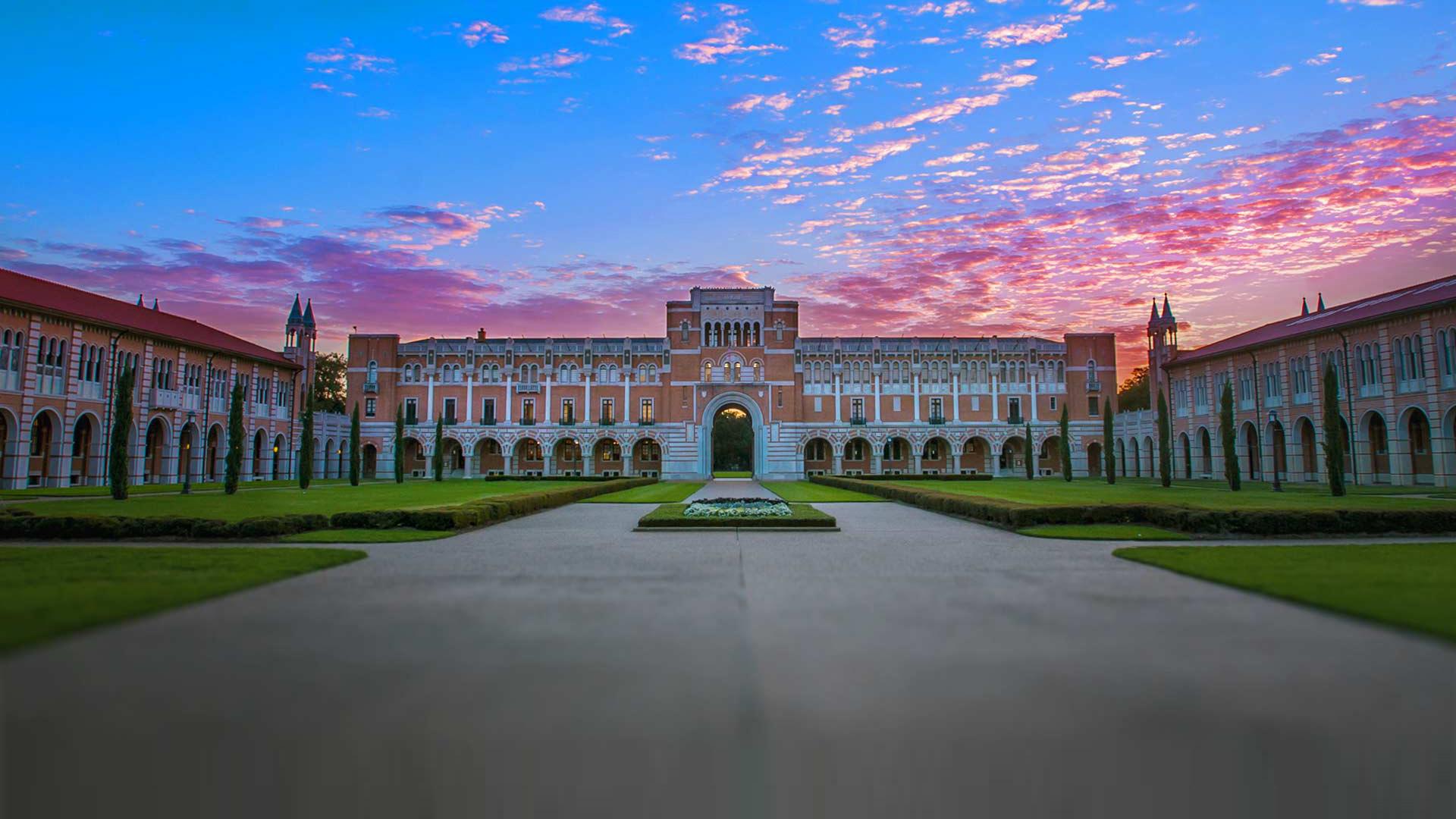Islamic scholar Nasr to lecture on intertwined history of Shi’ism and Sufism
Rice’s Kazimi Lecture series brings ‘towering figure’ into conversation via Zoom Dec. 7
The question of how Shi’ism and Sufism became distinct schools of religion and spirituality after the rise of Islam will be addressed by distinguished scholar and Islamic philosopher Seyyed Hossein Nasr in Rice’s second annual Kazimi Lecture in Shi’i Studies via Zoom Dec. 7 at noon.
“Nasr is a towering figure,” said Ata Anzali ’13, a professor at Middlebury College whose doctoral work at Rice focused on Sufism in Iran.
Seyyed Hossein NasrLong Description
Seyyed Hossein Nasr will speak via Zoom in Rice’s second annual Kazimi Lecture in Shi’i Studies Dec. 7 at noon.
Of the 1.8 billion Muslims across the world, roughly 10% to 13% identify as Shi’a and 87% to 90% as Sunni.
“Historically, the field of Islamic studies has been heavily oriented toward the study of Sunnism at the expense of Shi’i traditions,” Anzali said.
“Shi’ism did not really get much attention until guys like Nasr and Henry Corbin drew Western scholars’ attention to the amazing richness of Shi’i traditions, both in terms of their esoteric dimensions and the strong and vibrant tradition of Islamic philosophy that was preserved in Shi’i institutions of learning.”
Nasr began his teaching career in 1955 as a doctoral student at Harvard University, and is now the University Professor of Islamic Studies at George Washington University. He is the author of more than two dozen books, ranging from “A Young Muslim’s Guide to the Modern World” to “Muhammad: Man of God,” and is the subject of nine others, including “Knowledge is Light: Essays in Honor of Seyyed Hossein Nasr.”
The Kazimi Lecture series was created through a generous gift from the children of Syed Safdar and Samina Kazimi and is organized by the School of Humanities Dean’s Office and Rice’s Department of Transnational Asian Studies.
Through this endowed lecture series, the School of Humanities brings to Rice and Houston an annual lecture, seminar, exhibit or performance by a scholar or artist whose research or creative works promotes understanding of Shi’i Islam in its many dimensions.
“Dr. Nasr is a really important figure in the study of Islam,” said Jeffrey Kripal, the J. Newton Rayzor Professor of Religion and associate dean of humanities, who will introduce Nasr’s lecture. “He is pioneering in looking at Sufi mysticism and trying to emphasize how it’s been really historically important.”
When people in the U.S. think of Islam, Kripal said, they tend to think of Shari’a law or and other conservative aspects of the religion.
“But these mystical traditions are also a huge part of the Islamic traditions, and attractive for many people for their robust engagement with other religious traditions and their radical emphasis on unity and the love of God,” Kripal said.
An affiliation with Sufism can easily overlap with Shi’ism or Sunnism, with relatively few Muslims identifying as exclusively Sufi. This is because the mysticism inherent to Sufi practices is inclusive of all who identify as Muslim, although Sufism and Shi’ism have distinct histories of their own.
Nasr’s webinar will examine the ways in which their shared doctrines of esoterism and sanctity are interpreted in different ways at different times, and how they have interacted with and influenced each other over time.

